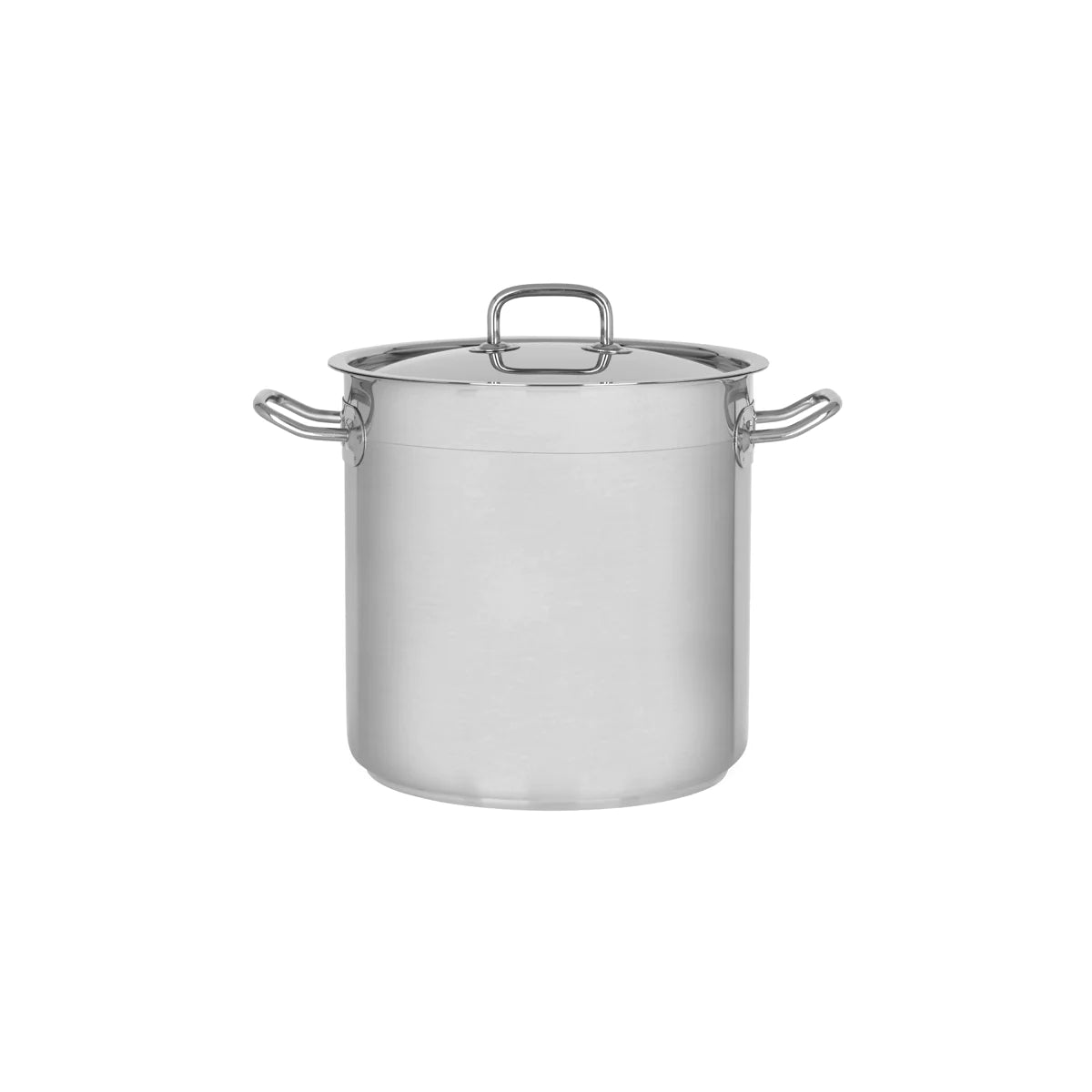Stainless steel and aluminum are two popular materials used in cookware, each with its own set of advantages and disadvantages. Here's a comparison between stainless steel and aluminum cookware:
Stainless Steel Cookware:
-
Durability: Stainless steel is known for its durability and resistance to corrosion, rust, and staining. It is less likely to react with acidic or alkaline foods.
-
Heat Retention: Stainless steel has moderate heat retention properties. It doesn't heat up as quickly as some other materials, but it distributes heat evenly once it reaches the desired temperature.
-
Versatility: Stainless steel cookware is versatile and can be used for various cooking methods, including searing, browning, and deglazing. It is also oven-safe and dishwasher-safe.
-
Maintenance: Stainless steel is relatively easy to clean, and it doesn't require special care. However, it may require some effort to prevent food from sticking to the surface.
-
Appearance: Stainless steel cookware has a sleek and modern appearance, making it a popular choice for both professional and home kitchens.
Aluminum Cookware:
-
Heat Conductivity: Aluminum is an excellent conductor of heat, heating up quickly and distributing heat evenly. This property makes it ideal for tasks that require precise temperature control.
-
Weight: Aluminum cookware is generally lighter than stainless steel, making it easier to handle, especially for larger pots and pans.
-
Affordability: Aluminum cookware is often more affordable than stainless steel, making it an attractive option for budget-conscious consumers.
-
Reactivity: Aluminum may react with acidic or alkaline foods, potentially affecting the taste of the dish. To mitigate this, many aluminum cookware items are coated with a non-reactive layer.
-
Durability: While aluminum is durable, it may not be as resistant to scratches and dents as stainless steel.
Considerations:
-
Cost: Stainless steel cookware tends to be more expensive than aluminum, but it often offers better durability and a longer lifespan.
-
Weight: If weight is a concern, aluminum cookware may be more suitable for those who prefer lightweight options.
-
Cooking Style: Your preferred cooking methods and the types of dishes you prepare may influence your choice. For high-heat and quick-cooking tasks, aluminum may be more efficient, while stainless steel offers versatility for various cooking techniques.
Ultimately, the choice between stainless steel and aluminum cookware depends on your cooking preferences, budget, and specific needs. Many kitchens use a combination of both materials to take advantage of their respective benefits.










